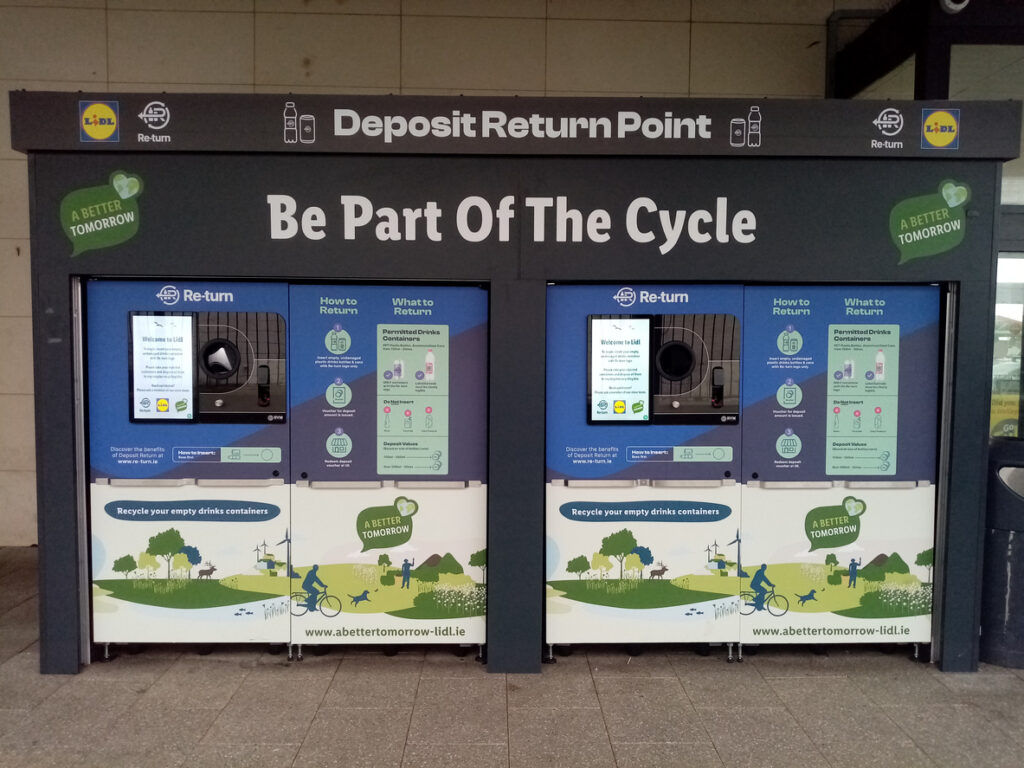When Morrisons introduced its new staff-tracking app to boost retail productivity, it reignited one of the sector’s oldest debates – whether true retail performance is driven by data or by trust. The move reflects a supermarket searching for sharper efficiency and consistency in a competitive market, but it also highlights the growing tension between measurement and morale on the modern shop floor.
The Return of Measurement Culture
Morrisons’ system gives managers real-time visibility of shelf-stacking speeds, flagging staff who fall behind peers. Officially, it’s designed to identify where extra training or support is needed – a coaching tool, not a disciplinary one.
Yet internally, it’s already earned the nickname “stop watching,” capturing a sense of unease among workers who see it as a form of surveillance rather than support.
The intent is understandable. With competitors like Aldi and Tesco pushing operational efficiency and M&S Food leading customer satisfaction, every retailer is under pressure to do more with less.
But efficiency and effectiveness aren’t always the same thing – and retail’s best performers know the difference.
Lessons from Human-Centric Retailers
Retailers such as Timpson, John Lewis, and M&S Food consistently rank among the UK’s top brands for customer satisfaction. Their success in retail productivity doesn’t come from closer monitoring – it comes from empowerment.
They focus on giving colleagues autonomy, recognising contribution, and encouraging decision-making at every level. The result is a culture where accountability grows naturally because employees feel trusted and valued.
Measurement still plays a role, but it’s meaningful – used to inform, not intimidate.
Finding the Middle Ground
For the wider retail industry, the lesson is clear: technology should enhance human capability, not monitor it. The most forward-thinking retailers are using data and analytics to predict stock shortages, personalise training, and improve scheduling – all of which contribute to stronger retail performance without diminishing employee morale.
And with service failures costing UK organisations an estimated £7.3 billion a month, prevention is far more valuable than punishment. Smart systems, informed coaching, and well-targeted support outperform performance pressure every time.
A Forward Look
The future of retail productivity will depend on how effectively businesses blend data-driven insight with emotional intelligence. The leaders of tomorrow will be those who balance efficiency with empathy – using technology to empower people, not replace their judgement.
Because ultimately, customer experience is only as strong as colleague experience – and no algorithm can outperform a motivated, trusted team.
Sources
- The Telegraph: “Morrisons to track shop floor staff in crackdown on slow workers” (4 October 2025)
- Retail Gazette: “Morrisons introduces app to monitor shop floor workers”
- Retail Week: “Morrisons introduces app to track store staff efficiency”
- Institute of Customer Service: UK Customer Satisfaction Index (UKCSI)
- Retail Times: “UKCSI: Timpson, M&S and John Lewis among top performers for customer satisfaction”







